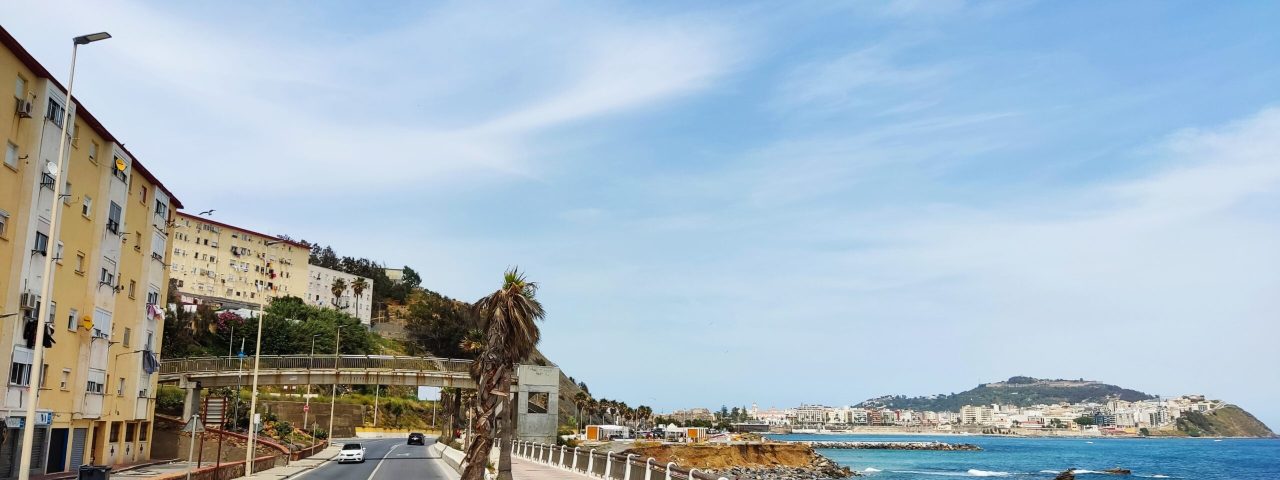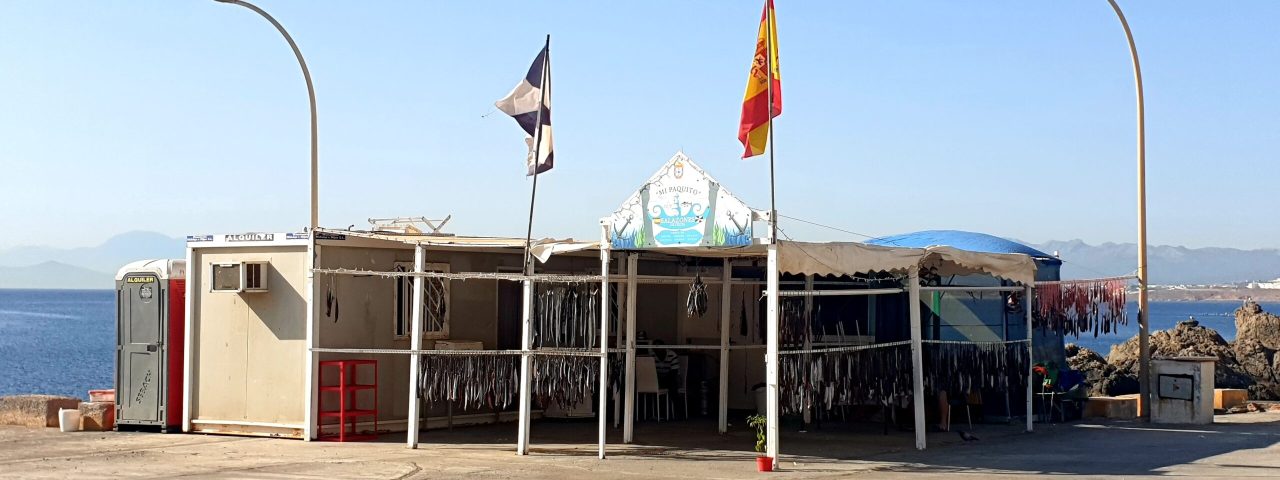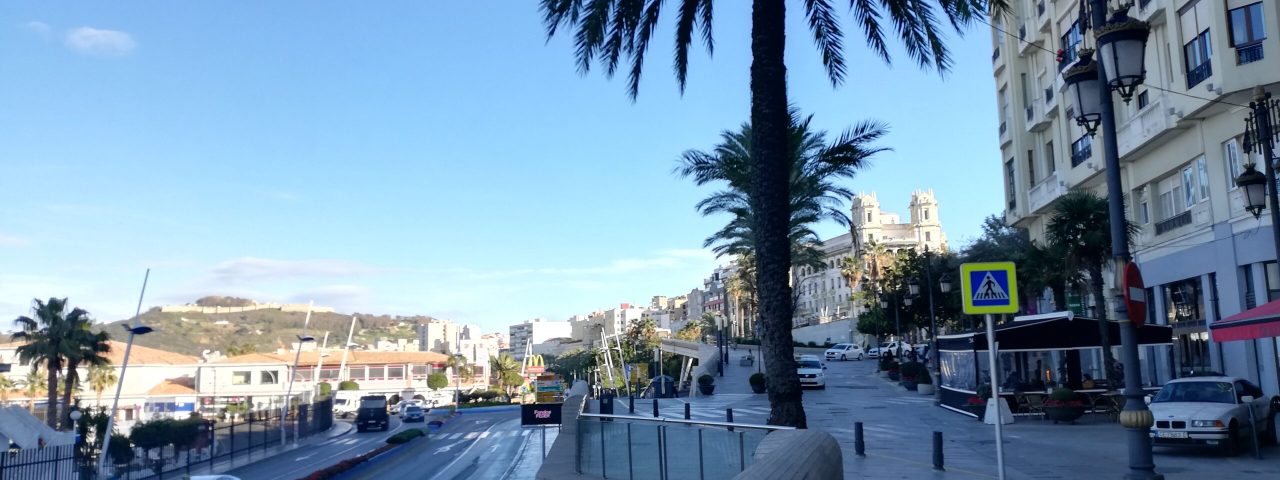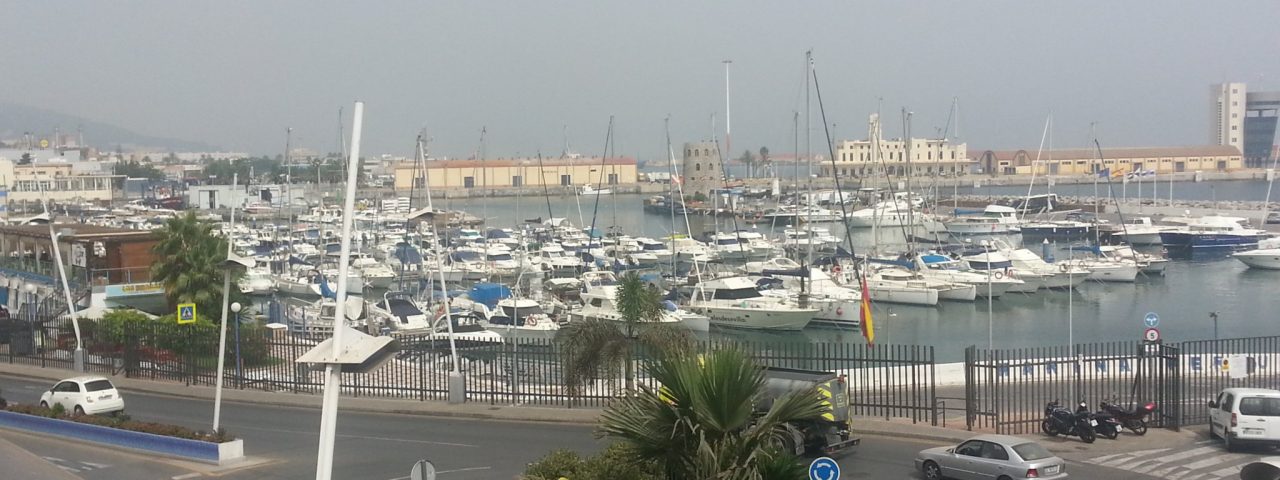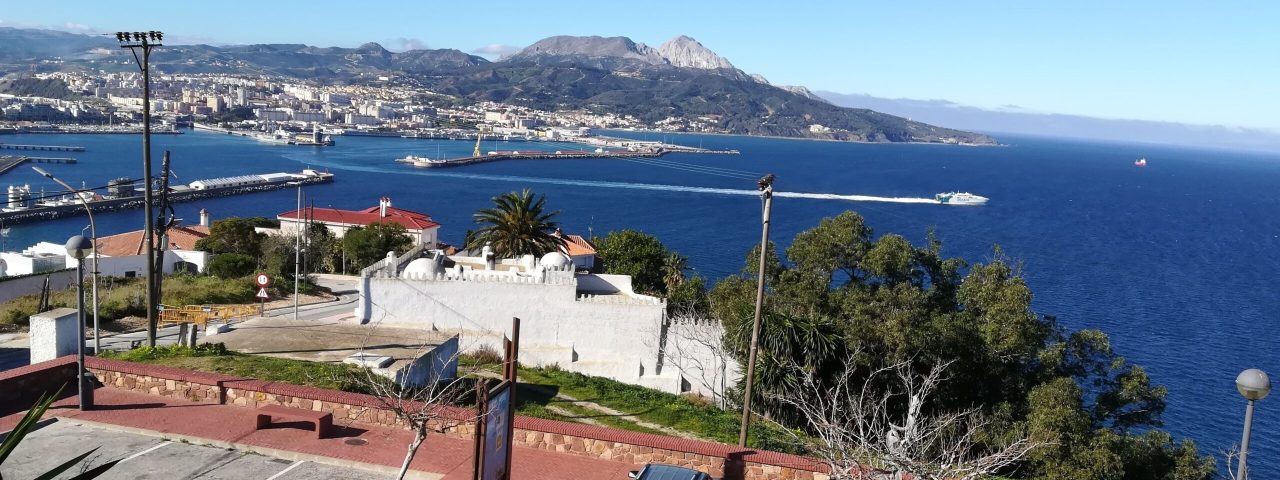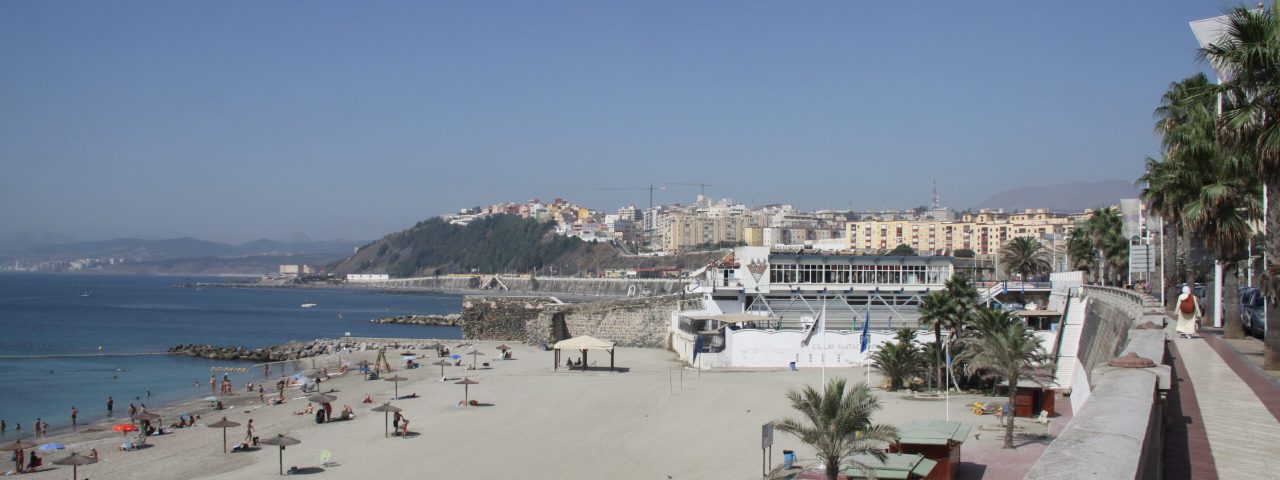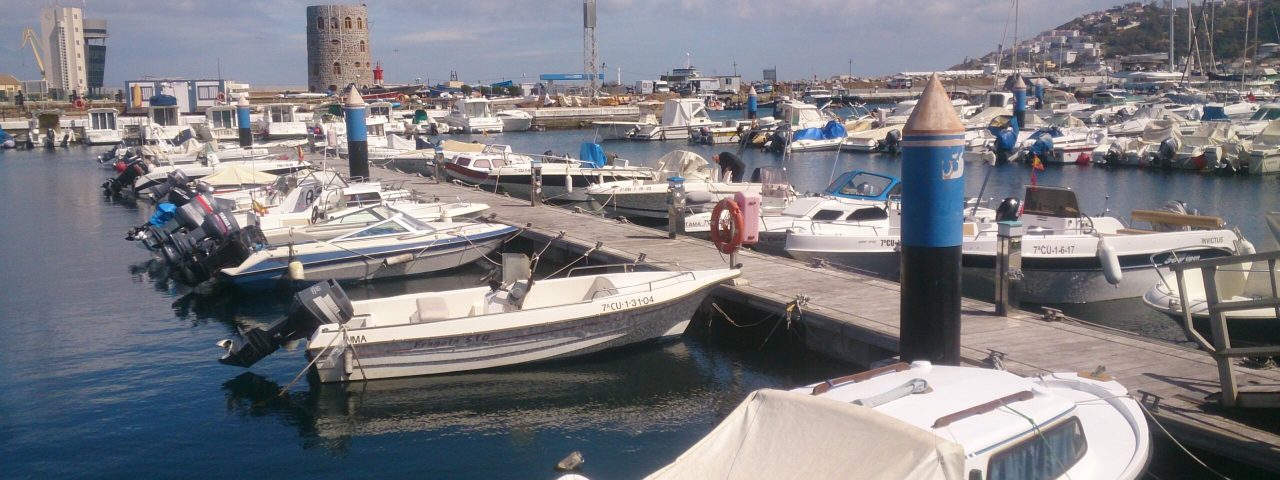Ceuta has a long and fascinating history, shaped by the many civilizations that have passed through its gates. Originally settled by the Phoenicians and later occupied by the Romans, the city became a major trading hub in the ancient world. During the Islamic expansion in the 8th century, Ceuta became an important center of Moorish rule, influencing the city’s architecture and culture, which still resonate today.
In the 15th century, Ceuta was captured by Portugal, and later it became part of Spain in 1668, creating a complex history of European and African influences. The city’s fortresses, like the Royal Walls of Ceuta, and churches such as the Cathedral of St. Mary of the Assumption, reflect this rich, multi-layered history. Ceuta’s cultural identity is marked by this confluence of Christian, Muslim, and Jewish heritage, making it one of Spain’s most culturally diverse cities.
The city is also home to various festivals and cultural traditions. One of the most famous is the annual Feria de Ceuta, held in August, which brings together the city’s diverse communities for a vibrant celebration of music, food, and dance. The city’s religious festivals, such as Semana Santa, also highlight its rich Catholic traditions.
